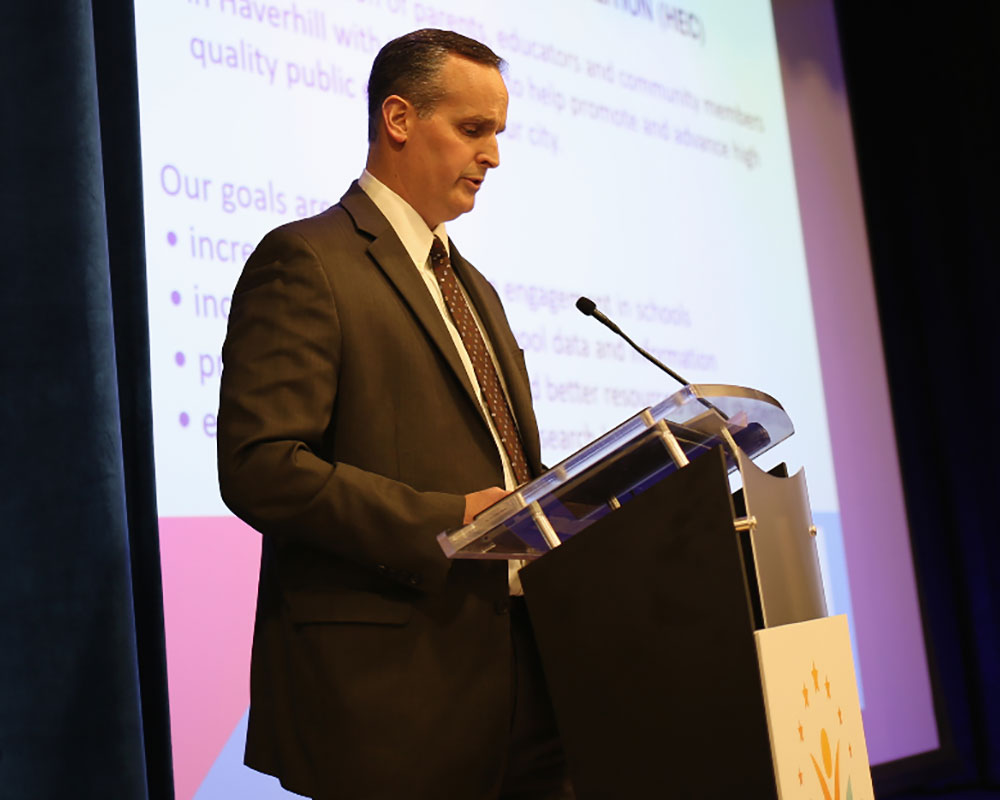The Haverhill City Council gave its approval this week to allocating money to a pair of drug abuse and addiction programs, but questioned whether the amount is enough to be effective.
The two programs, Cannabis Prevention and Intervention and Opioid Abuse Prevention and Treatment, are to be operated by NFI Massachusetts, an agency with Haverhill roots dating back to 1969. The company offers residential substance abuse and, since 2015, has also provided a social worker to help police when dealing with overdose services. Kim Boiselle, director of the Structured Outpatient Addiction Program, described some of the NFI’s work .
“We provide individual group and family therapy. We provide medication services for psychiatric reasons. We have a structured outpatient addiction program, which is intensive treatment for people with addiction. We have adolescent services as well. We do a lot of services for adolescents,” she said.
Boiselle said the opioid program also focuses on helping to find housing for those in need as well as training for former users looking for employment, while the cannabis program focuses on school-age youth said to have been impacted by the legalization of marijuana.
Money for the programs comes from $224,750 taken from the Opioid Settlement Fund and $326,393 from the Cannabis Impact Escrow Fund—money many councilors said did not seem adequate. Councilor Michael S. McGonagle was one of them.
“I just don’t think there’s enough money here. I look at the figures here for one of the programs, we’re doing $326,000, $274 thousand is in salaries. I don’t understand how that will work,” he said.
Compounding the issue, councilors and administrators said, is the limited length of the contract. Boiselle admitted it is a problem on two levels. It makes it difficult to apply for a Drug Free Community Grant, which requires a year’s worth of data at the time of application. She said it is also difficult to attract qualified personnel when there is no guarantee the position will exist after a year.
Council President Timothy J. Jordan said the limited money is one reason he previously argued for all cannabis-related impact fees and local taxes be set aside in a pool for such programs.
Responding to these concerns, mayoral Chief of Staff Christine Lindberg said the program should be considered as a trial balloon.
“These funding sources are extremely fluid. We don’t have a set revenue stream that’s coming in. The initial prospect of this is seed money, to get this off the ground,” she said.
Lindberg added the program is very high on Mayor James J. Fiorentini’s priority list and he is determined to make it successful.
Taking the position that something is better than nothing, councilors voted unanimously to support paying for the programs with the hope they will be successful and continue further.
